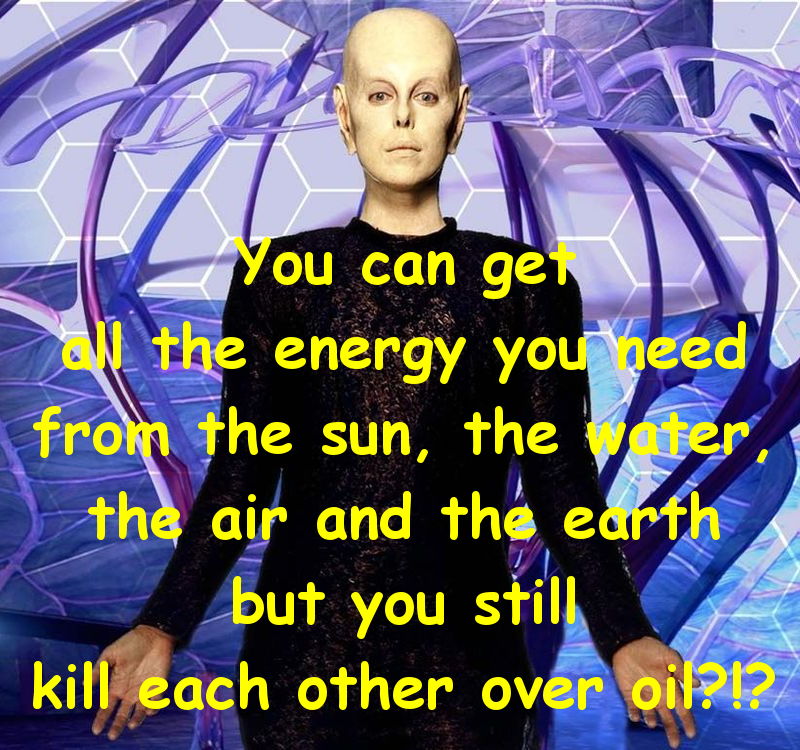The Role of Personality Critiques in Environmental Activism: An Ethical Examination
The discourse surrounding environmental activism often transcends mere policy debate, venturing into the realm of personal critique. A notable discussion on X highlighted this when a post by YourFavoriteGuy @guychristensen_ questioned the notion of "clean natural gas," sparking a thread where sarcasm was employed to criticize the environmental impact of current energy policies. This thread, particularly the reply by فريد 🇵🇸📷@R34lB0rg with the sarcastic remark "Burn, Planet Earth, Burn!" (Post: 1876893077102629143), brought to light the complex interplay between activism, personality traits, and ethical considerations in the fight against climate change.
One of the key arguments raised was the potential labeling of activists who use sarcasm or humor in their advocacy as narcissistic or Machiavellian. This critique, however, can be seen as an ad hominem argument when it diverts attention from the substantive issues of climate policy to the perceived personal flaws of the activists. An ad hominem attack focuses on attacking the character or motives of the person rather than engaging with their arguments, which in this context, aims to silence dissent on what activists view as reckless climate policies. By questioning the motives or character of climate activists, such critiques attempt to discredit their advocacy without addressing the scientific or ethical basis of their concerns about environmental degradation.
From an ethical perspective, this approach is problematic. The responsibility of stewardship towards our planet is a principle that resonates across various religious beliefs, including Islam, Buddhism, Christianity, Judaism, and Hinduism, which advocate for environmental care as a moral duty. These religious perspectives emphasize the interconnectedness of all life, the sacredness of nature, and the ethical imperative to protect our environment. Thus, when activism is critiqued through the lens of personality traits like narcissism or Machiavellianism, it undermines the shared ethical commitment to planetary stewardship, focusing instead on personal attacks that are irrelevant to the validity of the environmental arguments being made.
Moreover, the use of sarcasm in environmental advocacy, as seen in the thread, should not automatically lead to accusations of narcissism or Machiavellianism. Sarcasm, when used judiciously, can be an effective tool for highlighting the absurdity or urgency of environmental issues, engaging audiences, and provoking thought. It aligns with ethical considerations by aiming to raise awareness and stimulate action towards sustainability. The ethical failure lies not in the method of communication but in the inaction or policies that contribute to the destruction of the biosphere, affecting countless species and human populations with climate-induced suffering.
In conclusion, while personality traits like narcissism and Machiavellianism can influence how individuals engage in activism, using these traits to discredit environmental advocacy is often an unethical ad hominem strategy. It detracts from the critical dialogue needed on climate policy and ignores the ethical responsibility shared across different cultural and religious frameworks to care for our planet. The focus should remain on the substantive arguments regarding environmental policy, encouraging a discourse that respects the urgency of climate action while promoting ethical engagement over personal critique.
